KNOWING SUBJECTS
Purdue Studies in Romance Literatures
Editorial Board
Patricia Hart, Series Editor
Thomas Broden
Elena Coda
Paul B. Dixon
Howard Mancing, Consulting Editor
Floyd Merrell, Consulting Editor
Susan Y. Clawson, Production Editor
igo Snchez Llama
Marcia Stephenson
Allen G. Wood
Associate Editors
French
Jeanette Beer
Paul Benhamou
Willard Bohn
Gerard J. Brault
Mary Ann Caws
Glyn P. Norton
Allan H. Pasco
Gerald Prince
Roseann Runte
Ursula Tidd
Italian
Fiora A. Bassanese
Peter Carravetta
Benjamin Lawton
Franco Masciandaro
Anthony Julian Tamburri
Luso-Brazilian
Fred M. Clark
Marta Peixoto
Ricardo da Silveira Lobo Sternberg
Spanish and Spanish American
Maryellen Bieder
Catherine Connor
Ivy A. Corfis
Frederick A. de Armas
Edward Friedman
Charles Ganelin
David T. Gies
Roberto Gonzlez Echevarra
David K. Herzberger
Emily Hicks
Djelal Kadir
Amy Kaminsky
Lucille Kerr
Howard Mancing
Floyd Merrell
Alberto Moreiras
Randolph D. Pope
Francisco Ruiz Ramn
Elbieta Skodowska
Mario Valds
Howard Young
 volume 57
volume 57
KNOWING SUBJECTS
Cognitive Cultural Studies
and Early Modern
Spanish Literature
Barbara Simerka
Purdue University Press
West Lafayette, Indiana
Copyright 2013 by Purdue University. All rights reserved.
 The paper used in this book meets the minimum requirements of American National Standard for Information SciencesPermanence of Paper for Printed Library Materials, ANSI Z39.48-1992.
The paper used in this book meets the minimum requirements of American National Standard for Information SciencesPermanence of Paper for Printed Library Materials, ANSI Z39.48-1992.
Printed in the United States of America
Design by Anita Noble
Front cover image Copyright Lightspring, 2013. Used under license from Shutterstock.com.
Library of Congress Cataloging-in-Publication Data
Simerka, Barbara, 1957
Knowing subjects : cognitive cultural studies and early modern Spanish literature / by Barbara Simerka.
p. cm.(Purdue studies in Romance literatures ; v. 57)
Includes bibliographical references and index.
ISBN 978-1-55753-644-0 (pbk. : alk. paper)ISBN 978-1-61249-267-4 (epdf)ISBN 978-1-61249-268-1 (epub) 1. Spanish literatureClassical period, 1500-1700History and criticism. 2. Cognitive learning theory. 3. Picaresque literature, SpanishHistory and criticism. I. Title.
PQ6066.S525 2013
Contents
Chapter One
Introduction: Cognitive Cultural Studies
Chapter Two
Theory of Mind, Social Intelligence, and Urban Courtship Drama
Chapter Three
Social Intelligence and Foraging: Primates and Early Modern Pcaros
Chapter Four
Social Intelligence and Social Climbing: Pcaros and Cortesanos
Chapter Five
Contextualism, Skepticism, and Honor
Chapter Six
Contextualism and Performance in Lopes Lo fingido verdadero
Chapter Seven
Cognition and Reading in Don Quixote
Conclusion
The Practice of Cognitive Cultural Studies
Preface
The seeds for this book were planted at the University of Michigan in the late 1970s. I have a phobia about Bunsen burners and microscopes, so a very understanding advisor allowed me to fulfill my natural science requirement by taking four nonlaboratory classes instead of two lab courses. I chose courses in biological approaches to anthropology and psychology; that was the beginning of a lifelong fascination with the fields of learning theory and primate behavior. When I discovered that current approaches to cognitive studies incorporate both, I was immediately ready to sign on!
As I worked to catch up with twenty years of advances in these fields, Howard Mancing was a constant source of information and encouragement. He shared an early version of his magnum opus on cognitive theory, Voices in Everything, which helped me greatly in developing my focus. I cannot thank him enough. Professor Reid Strieby introduced me to the work of Erving Goffman and has provided many hours of stimulating discussion on psychology and literature. Several people read drafts of individual chapters and provided invaluable feedback; I am grateful to Ellen Spolsky, Bruce Burningham, Cory Reed, and Nieves Romero-Diaz. Christopher Weimer helped me to better frame my explications of cognitive theory for a literary audience. Angela Curran, Amy Williamsen, Catherine Connor, and Lisa Vollendorf have also been valued supporters and sounding boards. Julio Ramirez, a neuro-psychologist, provided important bibliographical suggestions and corrections to my theoretical introduction. I have benefitted from the discussions following numerous conference panels; Sidney Donnell and Emile Bergmann offered especially useful observations at the GEMELA conference at Mt. Holyoke. Mariana Erickson was a dedicated and meticulous research assistant.
In , a portion of the material, which has now been substantially revised, appeared earlier as Metatheater and Skepticism in Early Modern Representations of the Saint Genesius Legend, Comparative Literature Studies 4.1 (2005): 5073. Copyright 2008 by the Pennsylvania State UP. Rpt. by permission of the Pennsylvania State University Press.
PSC-CUNY, the union that represents Queens College, recently negotiated a contract that supports full-year sabbaticals. I could not have undertaken such a complex project without the extended release time; additional summer research grants from PSC were also very beneficial. I am grateful to Dean Tamara Evans and my department for approving the sabbatical and for respecting a true reprieve from college responsibilities. Susan Y. Clawson at Purdue Studies in Romance Literatures provided substantial support during the editing process, for which I am truly appreciative.
I thank my parents, Charles and Dorothy Simerka, and my late father-in-law, Ken Smith, for their love and support. My husband, Steve, has provided treasured technical advice, over twenty years of encouragement, and the occasional gourmet meal to keep me going. During the five years that I have been working on this project, my daughter Rachel has been passing through her teenage years with spirit and grace, allowing me to devote sustained attention to scholarship.
List of Abbreviations and Cognitive Terms
AI: Artificial Intelligence
A model of the human mind that arose in the late 1950s that views the mind as mechanistic and likens it to a computer devoted to information processing.
Contextualism
The contextualist model describes cognition as simultaneous, parallel, networked, and interactive nonconscious processes. It is an updated version of the modularity model, based on the most recent advances in brain imaging technologies.
Ecological Cognition
The ecological model proposes an interactive model of evolved brain, individual psyche, and sociocultural environment. This model is embodied but antideterministic, and describes the hardwired and experiential aspects of cognitive functioning as interdependent and mutually sustaining.


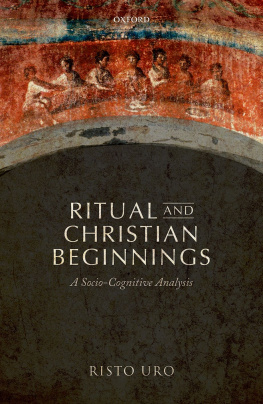
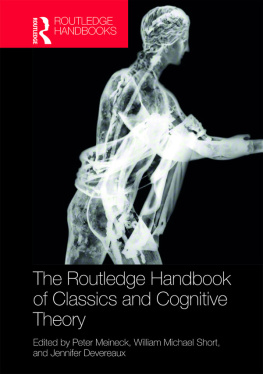
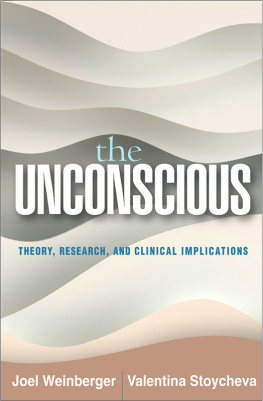
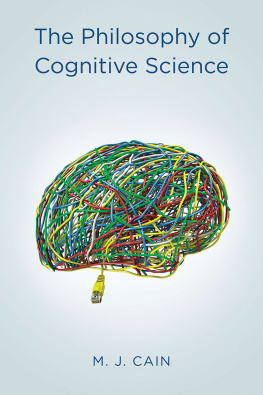
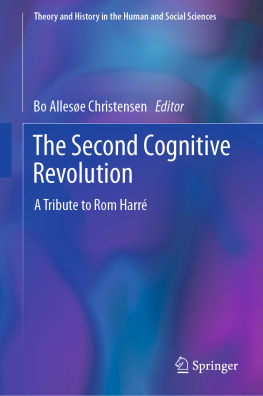
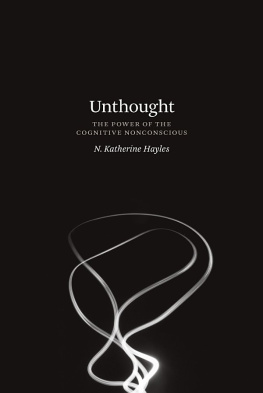
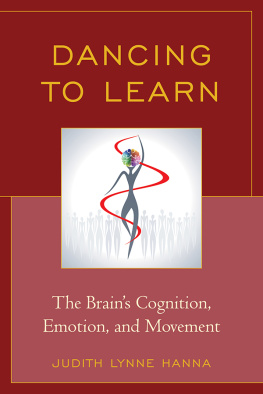
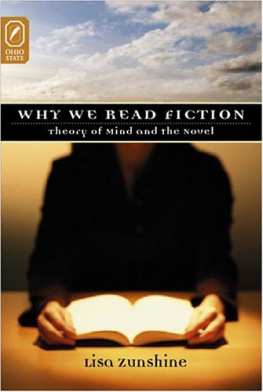
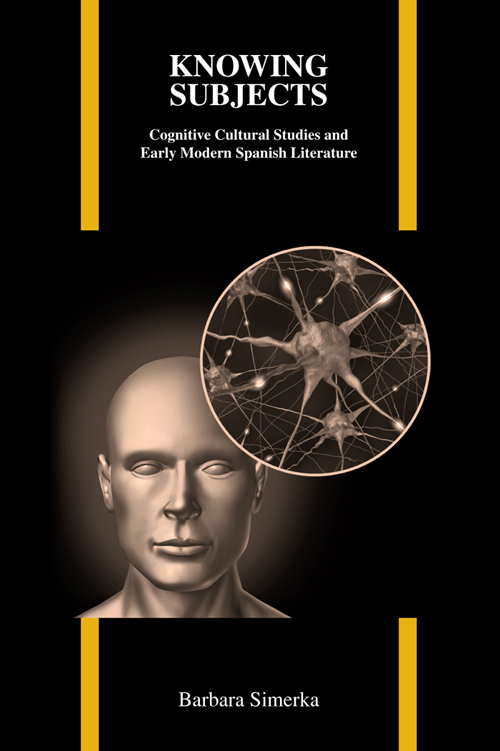
 volume 57
volume 57 The paper used in this book meets the minimum requirements of American National Standard for Information SciencesPermanence of Paper for Printed Library Materials, ANSI Z39.48-1992.
The paper used in this book meets the minimum requirements of American National Standard for Information SciencesPermanence of Paper for Printed Library Materials, ANSI Z39.48-1992.